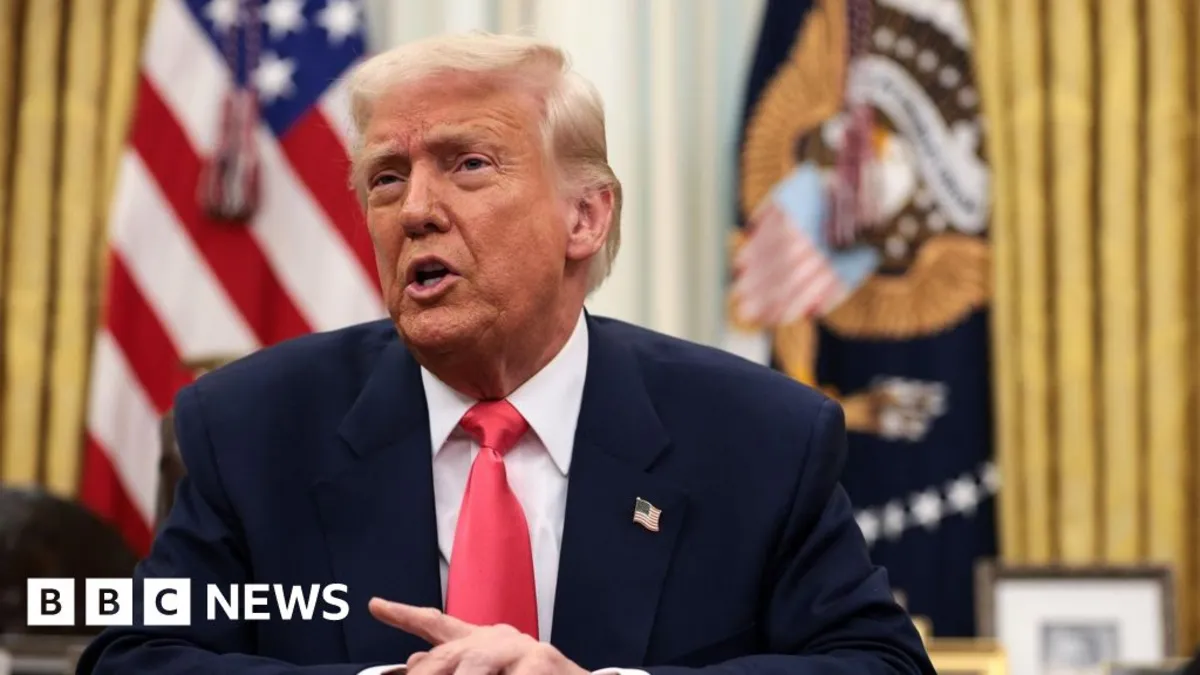
In a bold move amid the ongoing trade war between the United States and the European Union, President Donald Trump has threatened to impose a staggering 200% tariff on any alcohol imported from the EU. This latest development comes in response to the EU's recent announcement of a levy on US-produced whiskey, which is part of its counter-tariffs against the US tariffs on steel and aluminum imports.
Trump's threat follows the EU's decision to retaliate against the US by imposing tariffs on American whiskey, a move that he labeled as "nasty, hostile, and abusive." He argues that these tariffs are designed solely to take advantage of the United States. In light of this, Trump has called for the immediate removal of the EU's tariff on US whiskey, emphasizing the need to protect American businesses.
In response to Trump's comments, a spokesperson for the European Commission indicated that preparations are underway for discussions between US and EU officials to address the current trade situation. The trade commissioner, Maroš Šefčovič, has reached out to his American counterparts following Trump's threats, highlighting the urgency of the matter.
Writing on Truth Social, Trump expressed optimism about the potential benefits of the proposed tariff for the US wine and champagne businesses. He believes that the tariff on EU alcohol imports could provide a significant boost to domestic producers, creating a favorable environment for American wines and champagnes.
This latest threat contributes to the ongoing escalation of the trade war, which has already caused significant upheaval in financial markets. Concerns are mounting over the potential economic impact on consumers and economies around the globe, including those in the US. On the same day, Trump moved forward with plans to extend US tariffs on steel and aluminum, imposing a blanket duty of 25% and eliminating previous exemptions for certain countries. This follows an earlier directive to increase levies on Chinese imports to at least 20%.
In addition to these measures, Trump has hinted at potential tariffs on a variety of other goods, including copper, lumber, and cars. Leaders in Canada and Europe have expressed strong opposition to these new taxes, labeling them as unjustified and have retaliated with their own tariffs on an array of US products.
As the situation evolves, it remains to be seen how these escalating trade tensions will affect international relations and global markets, but the potential for further economic fallout looms large.